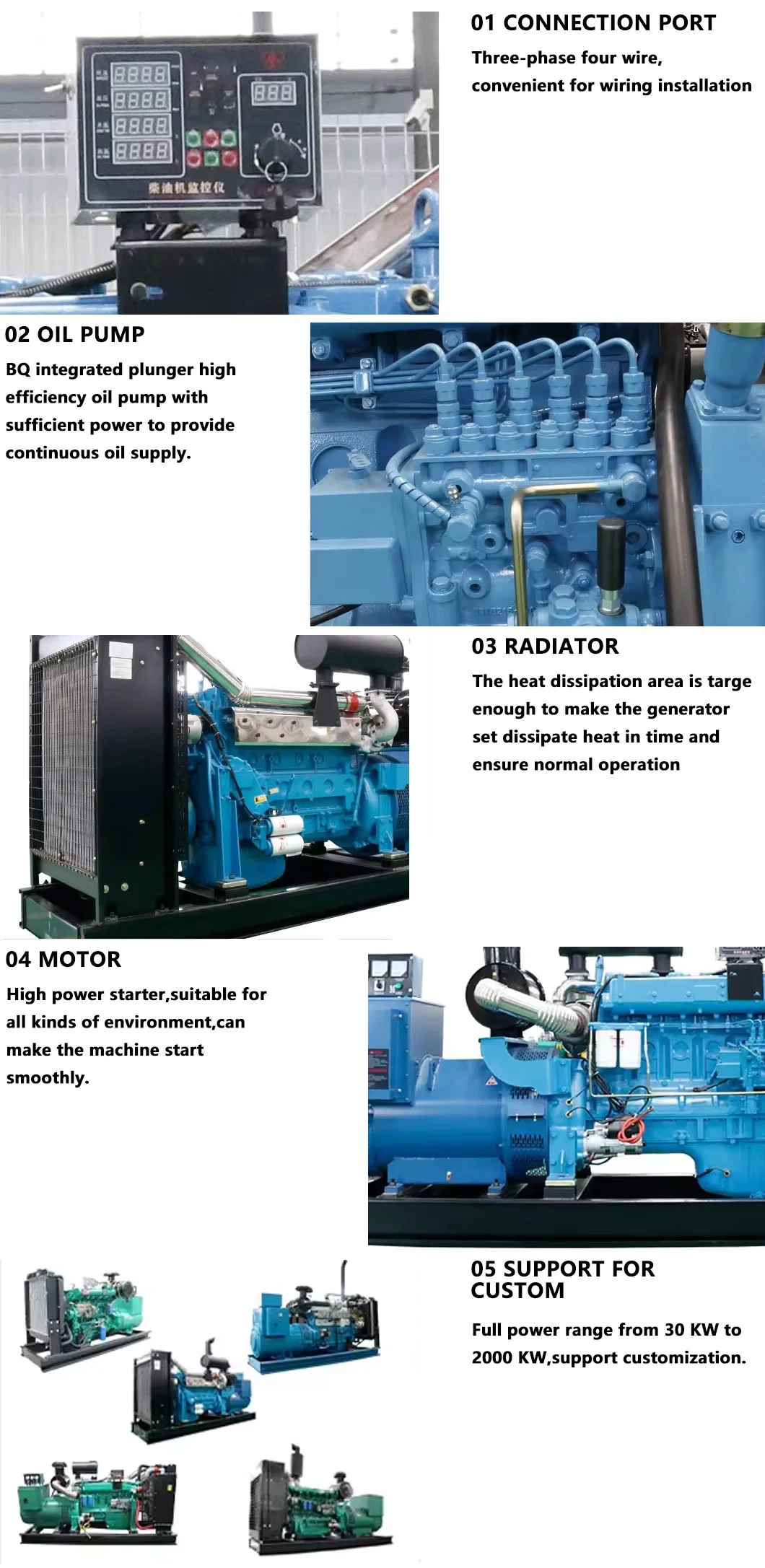Introduction
In today's modern world, access to reliable and constant power supply is crucial for various applications and industries. However, in remote locations where grid power is not available or reliable, alternative sources of power are essential to ensure continuous operations. Diesel generators have long been a popular choice for powering remote locations due to their efficiency, reliability, and cost-effectiveness. In this article, we will explore the importance of diesel generators in remote locations, their key features and benefits, as well as considerations for selecting and maintaining these power sources.
Importance of Diesel Generators in Remote Locations
Remote locations, such as mining sites, construction sites, off-grid communities, and disaster-stricken areas, often lack access to grid power due to their isolated nature or challenging terrain. In these environments, diesel generators play a critical role in providing a dependable source of electricity to power essential equipment, machinery, and facilities. Whether it is for running heavy-duty machinery, lighting up work sites, or maintaining communication systems, diesel generators are indispensable in ensuring that operations run smoothly and efficiently in remote locations.
One of the primary reasons why diesel generators are preferred in remote locations is their ability to operate independently of the grid. Unlike other power sources that rely on a consistent grid connection, diesel generators can function autonomously, making them ideal for locations where grid power is unreliable or unavailable. This independence ensures that critical operations can continue without interruption, even in the most challenging environments.
Key Features and Benefits of Diesel Generators
Diesel generators offer a range of features and benefits that make them well-suited for powering remote locations. Some of the key advantages of diesel generators include:
1. Reliability: Diesel generators are known for their robust and reliable performance, making them a trusted source of power in remote locations where downtime is not an option. The simple design of diesel engines and their efficient combustion process contribute to their reliability, ensuring continuous power supply even in harsh conditions.
2. Fuel Efficiency: Diesel generators are highly fuel-efficient compared to other types of generators, such as gasoline or natural gas generators. The energy density of diesel fuel allows diesel generators to produce more power per unit of fuel, making them a cost-effective option for long-term use in remote locations where refueling may be challenging.
3. Longevity: Diesel generators are built to last and are known for their durability and longevity. With proper maintenance and care, diesel generators can provide reliable power for many years, making them a sound investment for remote locations where frequent replacements may not be feasible.
4. Power Output: Diesel generators are capable of producing high power output, making them suitable for running heavy machinery, equipment, and appliances in remote locations. Whether it is powering construction tools, telecommunications systems, or medical equipment, diesel generators can meet the diverse power needs of various industries in remote environments.
Considerations for Selecting and Maintaining Diesel Generators
When choosing a diesel generator for a remote location, several factors need to be considered to ensure that the generator meets the specific requirements of the site and operations. Some key considerations include:
1. Power Requirements: Determine the power needs of the site, including the total power load, peak power demand, and any specific requirements for operating equipment or machinery. Select a diesel generator with the appropriate power output to meet these needs and allow for future expansion if necessary.
2. Fuel Storage and Consumption: Consider the availability of diesel fuel in the remote location and plan for adequate fuel storage capacity to ensure continuous operation of the generator. Calculate the expected fuel consumption based on the generator's fuel efficiency and the expected runtime to avoid running out of fuel unexpectedly.
3. Environmental Conditions: Assess the environmental conditions of the remote location, including temperature extremes, humidity levels, and altitude, as these factors can impact the performance and efficiency of the diesel generator. Choose a generator that is designed to withstand the specific environmental challenges of the site to ensure reliable operation.
4. Maintenance Requirements: Develop a regular maintenance schedule for the diesel generator to prevent breakdowns and ensure optimal performance. Follow the manufacturer's guidelines for routine maintenance tasks, such as oil changes, filter replacements, and inspections, to prolong the lifespan of the generator and minimize downtime.
Conclusion

Diesel generators play a vital role in powering remote locations where access to grid power is limited or nonexistent. Their reliability, fuel efficiency, longevity, and high power output make them an indispensable source of electricity for various industries and applications in remote environments. By carefully selecting a diesel generator that meets the specific requirements of the site and implementing a proactive maintenance strategy, organizations can ensure continuous and uninterrupted power supply in even the most challenging remote locations. https://www.lkpowerplant.com/60kw-150kw/ will continue to be a cornerstone of power generation in remote areas, supporting critical operations and infrastructure development around the world.
